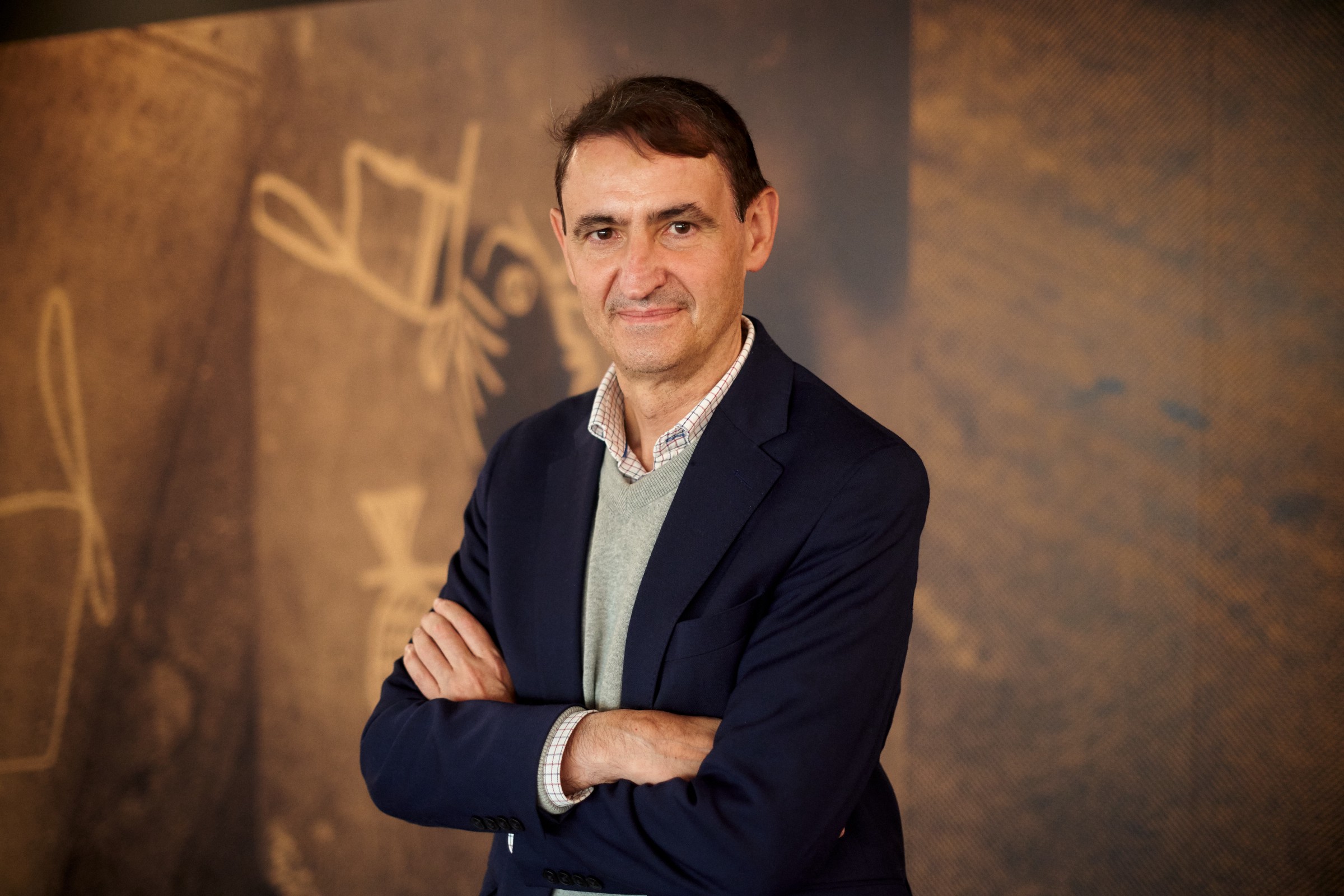Crisis de confianza (2007-2022): El descrédito de los medios (Crisis of Confidence 2007-2022: Media Discredited) investigates, from a multidisciplinary perspective, the trajectory of waning social trust in the media and institutions from 2007 – with the fall of Lehman Brothers and the economic crisis – to the present day, with the pandemic and the war in Ukraine. At the same time, the work offers different proposals for recovering confidence – a fragile, precarious, and vital element for societal life.
In the following interview, Pérez Latre shared with STI his thoughts on the origins of this lack of trust between society and institutions, about its links with our recent history, and about possible solutions to this phenomenon.
STI: What generated the current crisis of confidence in the media and institutions? Why do you pinpoint the year 2007 as the starting point of this fracture?
FJPL: Distrust is generated by bad behaviors repeated over time. Trust is a very fragile thing – a mere ‘hopeful leap in the dark,’ in the happy metaphor of Katherine Hawley. Above all, for us to trust institutions, they need to behave like good people. Because we trust people above all. One can speak of trust in companies, governments, media or institutions, but only by analogy.
My working hypothesis is that the crisis of 2007 was a moment of truth. The unique thing about the 2007 crisis is that it was also an ethical crisis. There were economic factors in play, but we saw how the economic status quo was living beyond its means. With its addiction to gambling and risk, the world economy was pushed to a breaking point, which we suffered severely in Southern Europe. The impact at all levels was profound.
STI: So this separation between citizens and institutions has an economic root?
FJPL: The root is more moral than economic, but the economic crisis, with the uncertainties it poses, has a catalytic effect.
STI: Has the digital context accelerated this process?
FJPL: It’s a long process that began at least three centuries ago. Today the digital context has intensified it because we all have very strong opinions (which we would do well to think about more) that we can share in an instant. So, crises have also taken on this fulminant nature. On the one hand, there is a lack of time because we are going very fast, but, above all, there is a lack of will to understand the other, which greatly complicates social life.
STI: What opportunities do social media and new technologies offer for restoring dialogue and trust?
FJPL: Digital networks are an integrating element: there, we are “together.” But, as my dear colleague José Luis Orihuela likes to say, some people behave in them as if they were sitting at a bar. I prefer to see them as a common home, where one can share and appreciate. Furthermore, one is not obliged to follow anyone in social networks… It is true that these networks have disturbing dimensions of polarization and hostile communication, but these are caused by people who misuse them. The dangerous thing in social media is that what goes viral is the banal, without going beyond the surface of things. Nevertheless, whenever I peruse these networks I find bright spots – good people and texts that inspire. In the digital world, opportunities for dialogue and trust exist.
STI: What impact has the Covid-19 pandemic had on the breakdown between society and its institutions and media?
FJPL: The pandemic, among other things, has intensified two emotions that facilitate mistrust: fear and uncertainty. Keep in mind that trust is based on hope, while the pandemic has brought pain and discouragement. It has also brought us important economic consequences and a modification of work habits with this great experiment of flexible and remote work that we are experiencing.
STI: What does this loss of citizen confidence tell us? Are people more critical or more biased?
FJPL: Citizens live in a context in which the default social emotions (as the Edelman barometer has posited) are fear, uncertainty and, sometimes, hatred. They are emotions that polarize and cause a kind of social paralysis, in addition to making people more fickle, critical and biased. Today we have to do more to create social climates that facilitate agreement and raise the spirits of citizens, who are concerned about the future.
STI: What can the media do to restore these bridges of trust? What about institutions?
FJPL: Media should be arenas of trust. But today they suffer a very precarious economic situation, they look for clicks that immediately increase their audiences and, in general, they lose their credibility by taking positions – not only in opinion columns (where taking a position is fully legitimate) but also in the news itself. This is a lethal cycle for trust. Media must realize this, because without trust the public will not pay for the contents with fidelity.
Regarding political institutions, I think that overcoming their obvious problems involves recovering the concept of the common good. Politics must overcome the current context of short cycles in which everyone is looking for immediate advantages so that the real problems (issues such as the demographic winter and youth unemployment) cannot be addressed due to lack of capacity for agreement.
